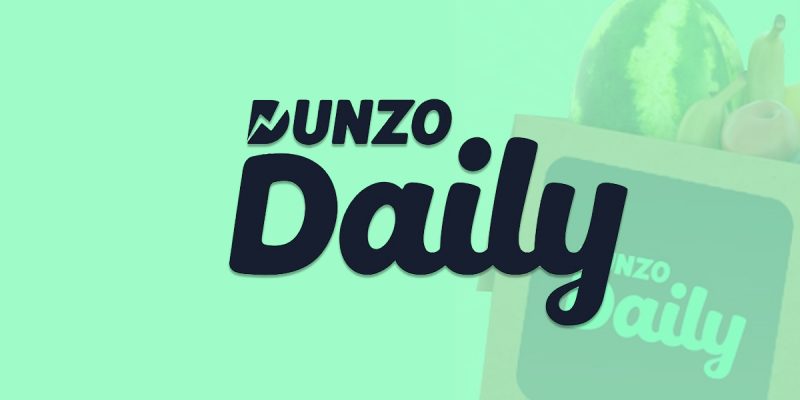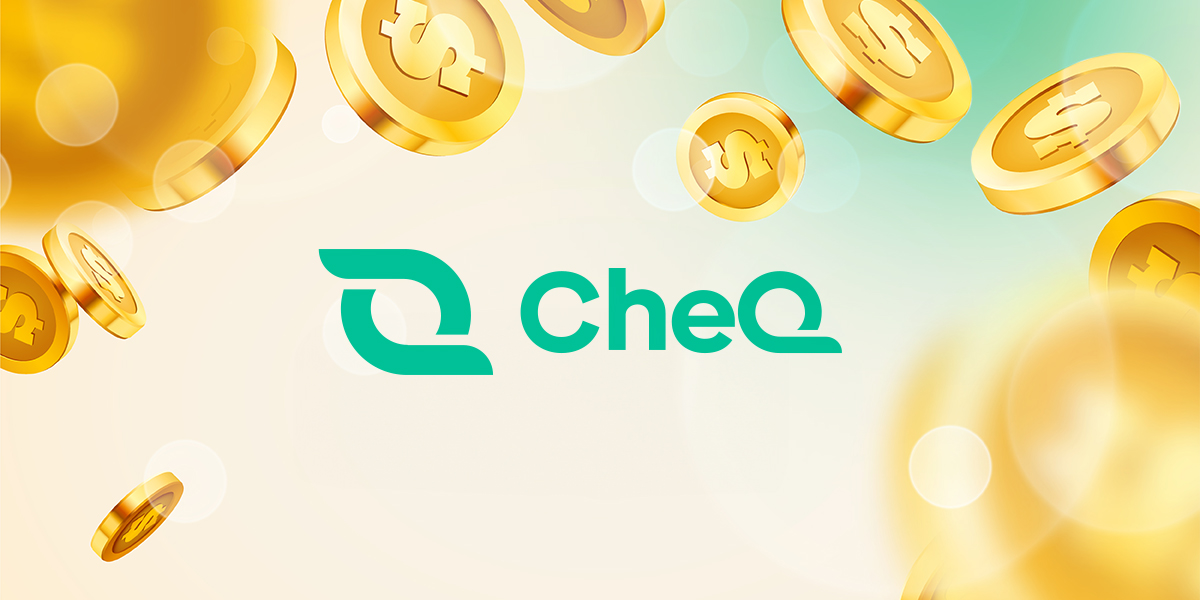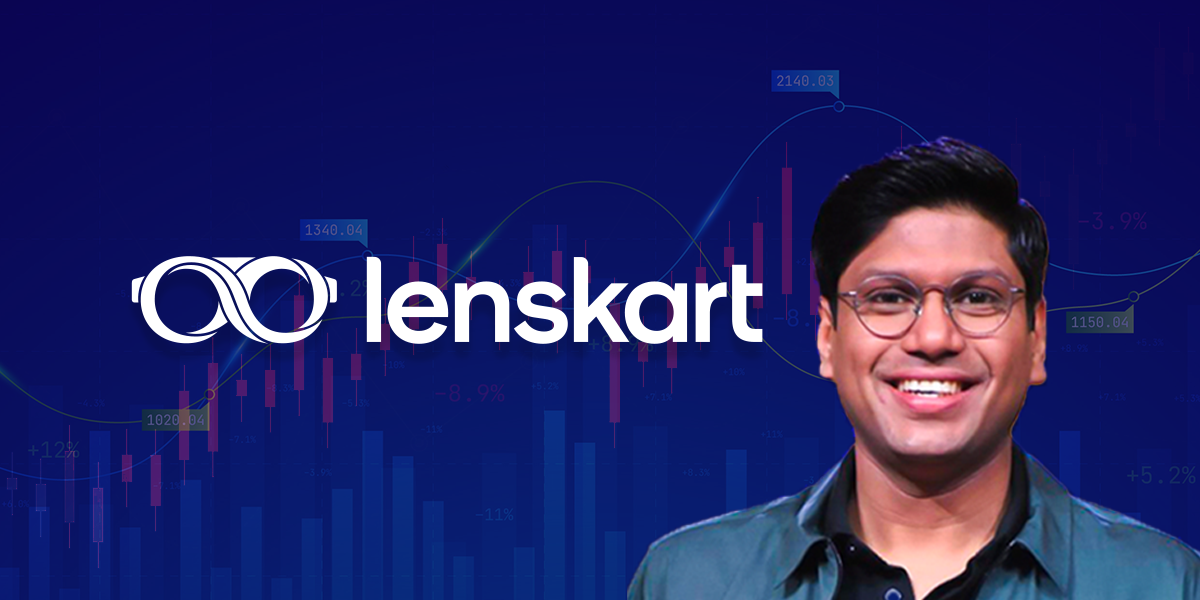The first half of 2022 has been an expensive several months for Dunzo. The hyperlocal quick delivery startup burnt (EBITDA loss) over Rs 176 crore in June, according to an internally shared slideshow last month. Entrackr has seen a copy.
The document further showed that these high monthly expenses translated into the company’s core business (Dunzo Daily) losing Rs 230 on each order it delivered during the first half of 2022 or H1 2022.
Dunzo operates consumer-facing app Dunzo Daily, marketplace and B2B logistics unit D4B which collectively clocked around 8.3 million orders in June. Dunzo Daily did 5.5 million orders in June, as per the documents.
To be sure, this amount includes some one-time expenses such as costs to set up stores and marketing spends (read IPL) as the company invested to scale its 19 minute delivery services. Dunzo Daily also entered new cities including Mumbai, Pune and Hyderabad which further added to its one-time costs.
The development comes as Dunzo looks to raise $250-300 million to power the growth of its fast delivery business. That has lent a fresh urgency to cut down the burn rate and squeeze out efficiencies.
The internal document shows some ambitious goals. One is to shrink their monthly burn of over Rs 176 crore to a little more than Rs 100 crore by December. Dunzo projected overall growth of 32.5% in the next six months to reach 11 million monthly orders by December 2022. This doesn’t include future delivery tie-ups that the firm might enter into of course.
Importantly, Dunzo Daily has estimated growth of 3.6% in the six months [from June to Dec] to reach 5.7 million monthly orders in the last month of this year.
The other goal they [Dunzo] have set is to continue on their momentum of 19-minute delivery to achieve Rs 2,500 crore in revenue during the financial year 2023. “This is a business where leverage for growth comes from cost side metrics & operational excellence,” read one of the points in the slideshow. “Each activity we take we need to now judge from an RoI [return on investment] lens.”
This means the company is now planning to cut costs by increasing store density, trimming wastage and by even looking at ways to bring down key costs including packaging costs, per the presentation.
Dunzo declined to comment on the story.
The steep monthly burn of Dunzo is a result of hyper-competition in the quick commerce space which counts decacorn Swiggy, Zomato-owned BlinkIt and Zepto as key players. Swiggy has allocated $700 million for its grocery delivery vertical Swiggy Instamart while Mumbai-based Zepto raised $361 million since its inception in March 2021. Dunzo, on the other hand, raised $240 million led by Reliance retail in January.
Among these players, Dunzo has also splurged heavily on discounts during the IPL season (May and June) which bloated its expenses during the period. According to analytics platform Clootrack, in May, Dunzo was the firm that dished out maximum discounts as compared to Swiggy’s Instamart and Zepto.
The discount strategy clearly worked for Dunzo as the company claimed a 2X spike in volume during April and May, but such growth is typically short lived. “Discounts and marketing campaigns inflate your volume but they fumble once you pull them off,” said an analyst covering the quick commerce space, requesting anonymity. “With a monthly burn of Rs 176 crore in June, Dunzo is one of the top spenders in the startup ecosystem after Meesho and Cars24. It’s very hard to sustain such a burn, especially in the current environment when investors are asking portfolio companies to cut costs and prepare for a long funding winter.”














